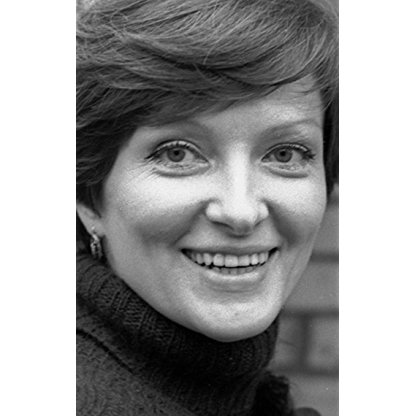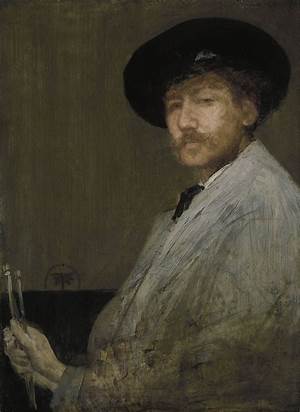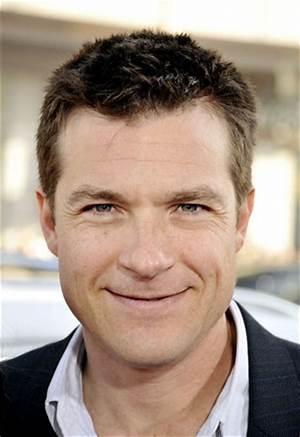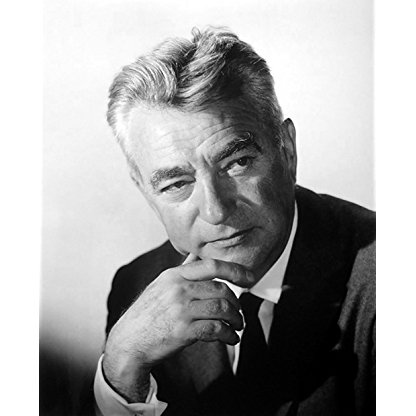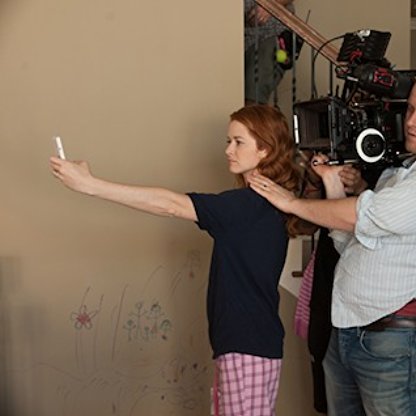In the 1990s, at the age of 66, Mulligan would release his final film, The Man in the Moon (1991), starring a young Reese Witherspoon (in her film debut) as Dani, a 14-year-old girl who develops an attraction to an older boy (Jason London), only to feel betrayed when he falls for her older sister instead. The film was praised by Roger Ebert, who included it at #8 in his Top 10 list of the best films of 1991, declaring, "Nothing else [Mulligan] has done... approaches the purity and perfection of The Man in the Moon. As the film approached its conclusion without having stepped wrong once, I wondered whether he could do it - whether he could maintain the poetic, bittersweet tone, and avoid the sentimentalism and cheap emotion that could have destroyed this story. Would he maintain the integrity of this material? He would, and he does."



